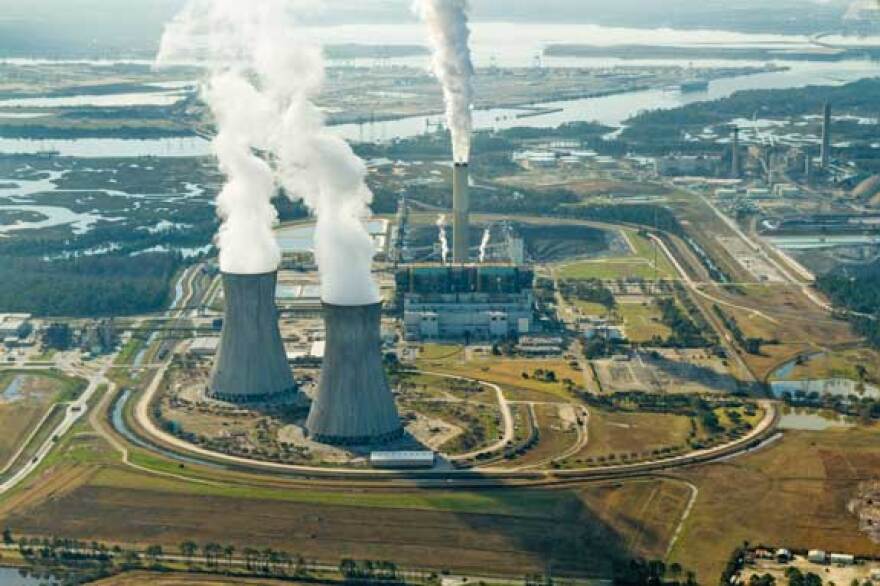JEA recently announced it will close a coal-fired power plant on Jacksonville’s Northside, which came online in the late 1980s. With the complex’s closure, about 200 people will lose their jobs.
The plant’s closure after nearly 30 years of service is not surprising in today’s energy climate. If you’ve been paying attention to the electric power generation business, coal fired power plants are closing all across the country.
And no, it’s not President Obama’s so-called “war on coal” that’s closing them. It’s simple economics — coal is being replaced as a fuel by natural gas, which has become super abundant in the U.S. because of fracking technology, or recovering oil and gas from shale rock.
Natural gas is about 20 percent cheaper and cleaner to burn than coal, giving electric rate payers a break on costs. And it produces far less air pollution than burning coal does, which gives our lungs a break, too.
In fact, burning natural gas now produces more electricity across the country than burning coal: about 34 percent, compared to 30 percent produced by burning coal. That’s a huge shift in the industry — a decade ago, coal-fired power plants accounted for half of the national supply of electricity. And that trend shows no sign of slowing down.
And there’s another bit of economics at work here – we are witnessing the results of a massive energy conservation effort. It used to be in the electric utility industry that demand for electricity would rise by 3 percent a year — it was like clockwork for decades.
That stopped in Jacksonville in 2007. In fact, even though there are 100,000 more people living here now than in 2007, we as a city are using 10 percent less electricity. All those efficient appliances that are in our homes and energy efficient buildings and more efficient equipment being used by businesses is have a huge impact on our electricity consumption.
Jacksonville’s coal-fired plants have an interesting history. JEA got into a huge bind in the 1970s as price of oil spiked, and our utility rates were the highest in the state. The opening of the coal-fired plant on the Northside resulted in a substantial reduction in local electric rates because coal was so much cheaper to burn than oil.
Listen to this story on Redux





